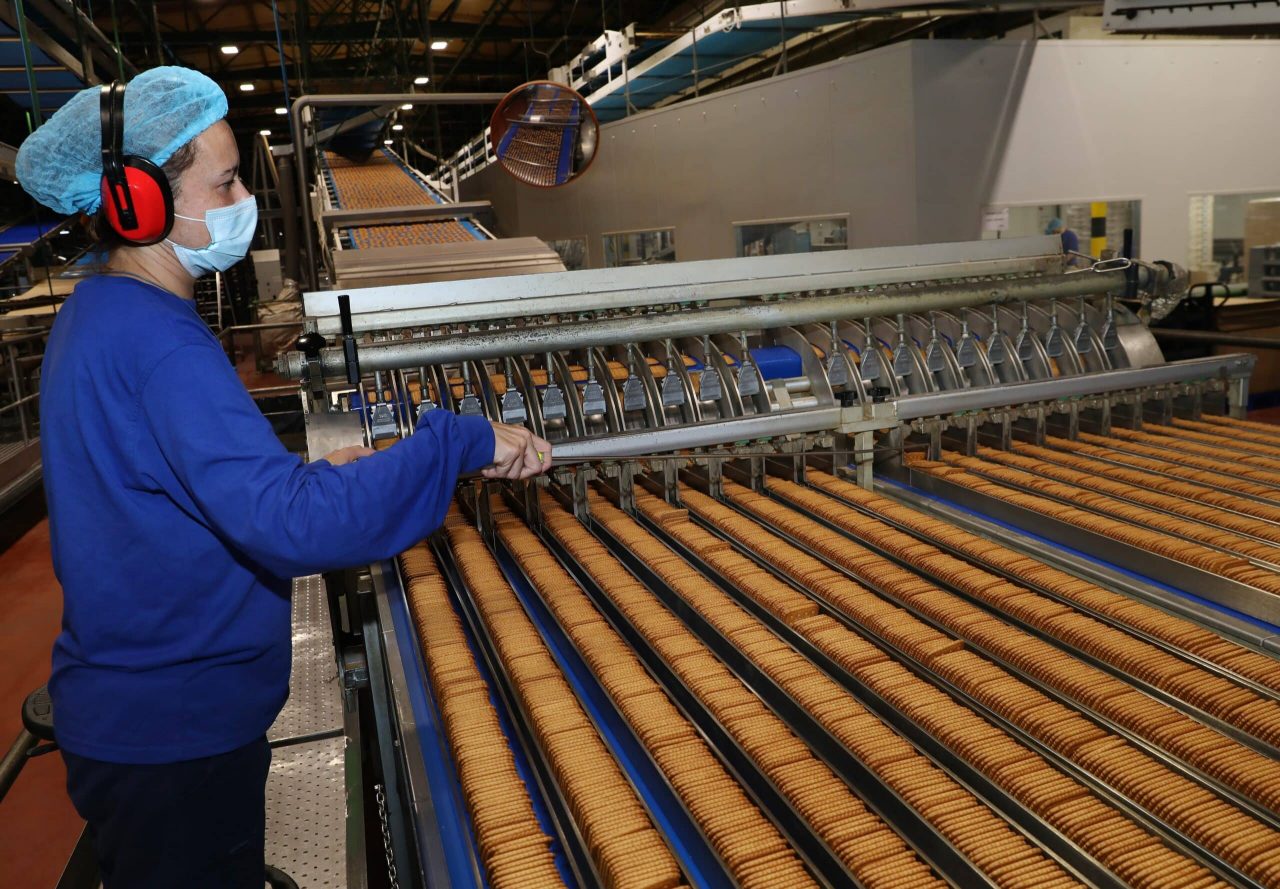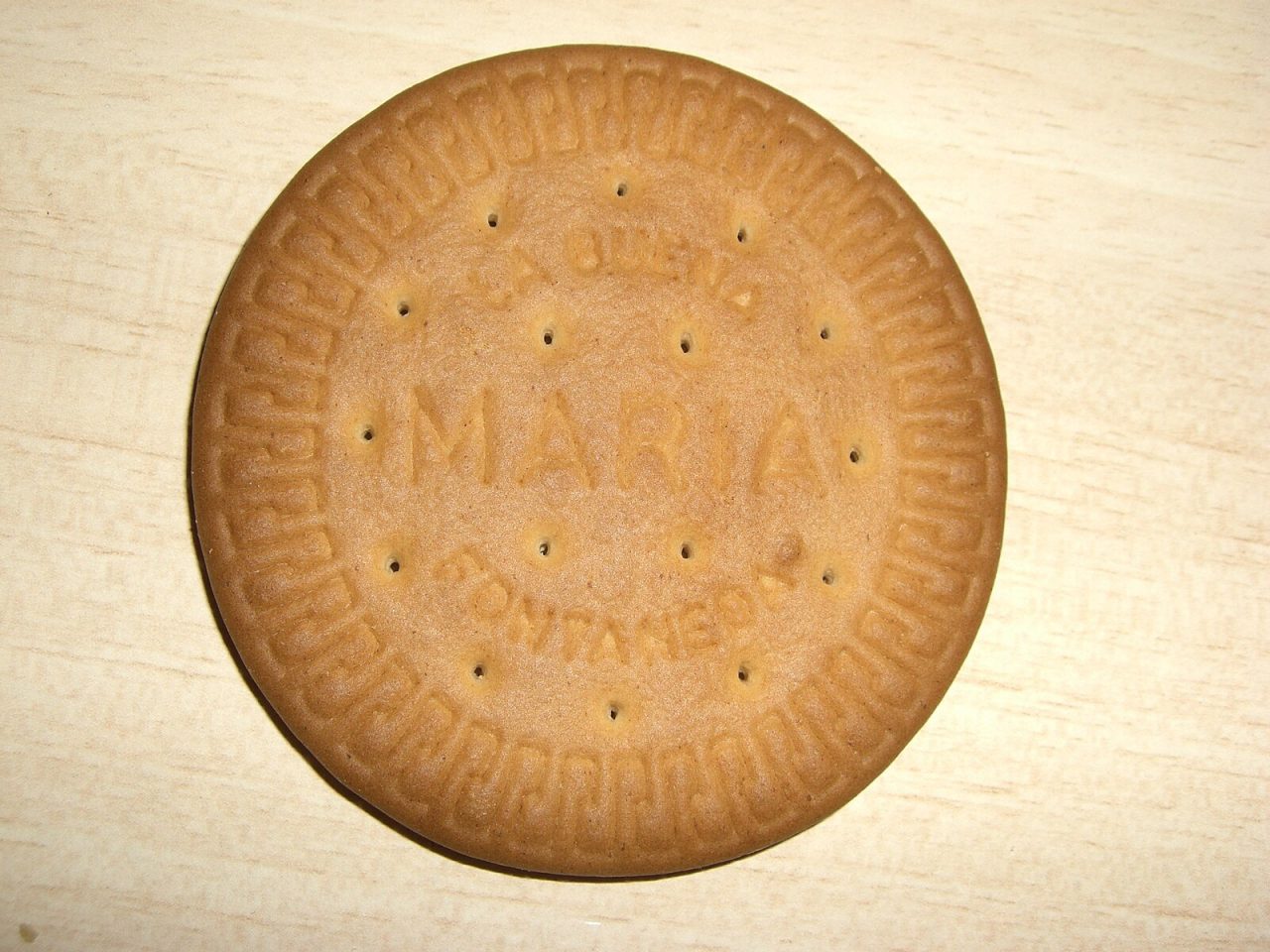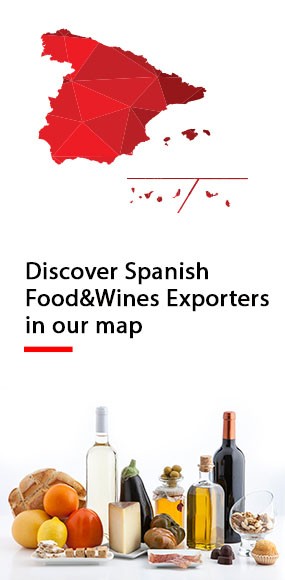.png.transform/rendition-xs/image_image%20(1).png)
Cookies, a Delicious and Essential Spanish Breakfast Food
The main Spanish family-owned companies have been producing cookies for decades: this is their recipe for success
Nostalgia plays an important part in our relationship with gastronomy. Those products that reconnect us with our childhood and our memories have a special place in our hearts... and in our stomachs, of course! For Spaniards, cookies are that product. Along with bread toast with olive oil and also churros, there is no more classic breakfast food than cookies made in Spain. And there are many stores selling Spanish products abroad that bring a smile to the faces of those who come in and find them on their shelves.
But it’s not just about looking back; Spanish cookies have two important strengths. According to Produlce, the Spanish association for the sweet products sector, what sets the Spanish cookie industry apart is 'its very high quality standards' thanks to the raw materials used (milk, cereals, honey...) and also a very high capacity for innovation, which means that reformulation of products and new launches have accounted for more than 50% of production since 2018.
Currently, Spain is the third-largest producer of cookies in the European Union, behind Germany and Italy. In terms of cookie production, one out of every three kilos produced is exported outside of Spain. The main destination countries are within Europe, with Portugal, France, and Italy being the top destinations. The United Kingdom ranks fourth. These figures are from Produlce's 2023 report.
As for consumption moments, while traditionally there has been a focus on family consumption at breakfast, there is a shift toward new spaces and consumers, with healthy cookies targeted at adults as a snacking option that can be enjoyed at various times throughout the day.

A long history
Although they were founded in the late 19th and early 20th centuries, the main Spanish cookie brands still exist today. Interestingly, several are linked to a town in the province of Palencia, in Castile-León, known as “cookietown,” where many of their factories are located.
That's where Gullón was founded, in 1892. “At Galletas Gullón, we have been cookie makers for more than 130 years and we want to continue generating wealth where we were born, in Aguilar de Campoo,” says Paco Hevia, the company's corporate director. They're known for their Tostada and Creme Tropical cookies, both made from wheat flour and other ingredients, which are exported to more than 130 countries. “Product exports are and will be our growth lever, so we will continue to invest in it further, as we have been doing in the last 20 years, to expand and consolidate our international presence,” Hevia says.
But if there's one cookie that has been the most popular in Spain for the last 100 years, it is undoubtedly the Galleta María. Surprisingly, it's not originally Spanish but, rather, British, created in 1874 under the name Marie. All the major Spanish cookie makers made their own version of the María cookie, although the most popular is undoubtedly La Buena María, launched by Fontaneda, another company founded in Aguilar de Campoo, in 1881. It's a simple, round wheat cookie, but for decades it has been the most consumed in Spain. “La Buena María is the heart and soul of Fontaneda. It has remained a market icon thanks to its simplicity, versatility, and ability to adapt to the times,” says Alejandro Navarro, the company's senior brand manager. Navarro describes it as “a perfect cookie to eat on its own or in homemade recipes, and at any time of day.” Today it is commonly used as a base for cakes, mixed with butter, and also to top natillas (custard), a popular, classic Spanish dessert.
The history of cookies in Spain also includes mythical names such as Campurrianas—thicker, spongier and crunchier—from Cuétara, a company founded in Mexico in 1935 by two Spanish brothers but which returned to Spain in 1947. There's also the Chiquilín cookies, made by Artiach, founded in 1907 in Bilbao and characterized by an enriched formula based on grains, egg, and honey. They're still made using the original recipe created by Artiach's first bakers.

New cookies: healthy and versatile
Classic Spanish cookies were the favorite for many years for breakfast and snacks, and are still popular today, but the main Spanish companies have been an example of innovation and adaptation, capable of keeping up with the changing times.
Along these lines, in 1979 Gullón launched the first whole-grain cookie in the Spanish market, committed to creating a healthier product. In 1986, it developed a line of cookies using vegetable oils instead of animal fats, which diversified Gullón's target public.
“There's a greater trend towards a healthier and more specialized cookie, such as gluten-free and low-sugar varieties. This means that cookies are also being consumed at other times of day,” says Hevia. This is the phenomenon of snacking on cookies which are smaller in size and designed to be eaten between meals.
There is also a growing need for products and, among them, cookies “to be respectful of the well-being of customers and the planet. This is reflected in the prioritization of brands that are committed to environmental social causes,” says Navarro, from Fontaneda. The company, which is part of the Mondelēz group, has integrated sustainability through its international Harmony program, promoting more sustainable wheat farming.
Whether traditional or more modern, there's no doubt that Spanish cookies are ingrained in the memories of many generations and are synonymous with breakfast. Behind them, there are companies that have been able to evolve over the years, adapting to new market needs because... life is better with cookies!


